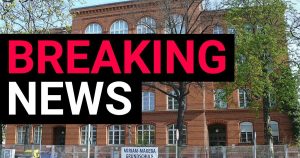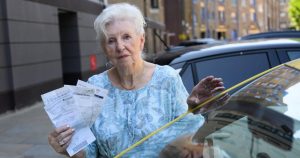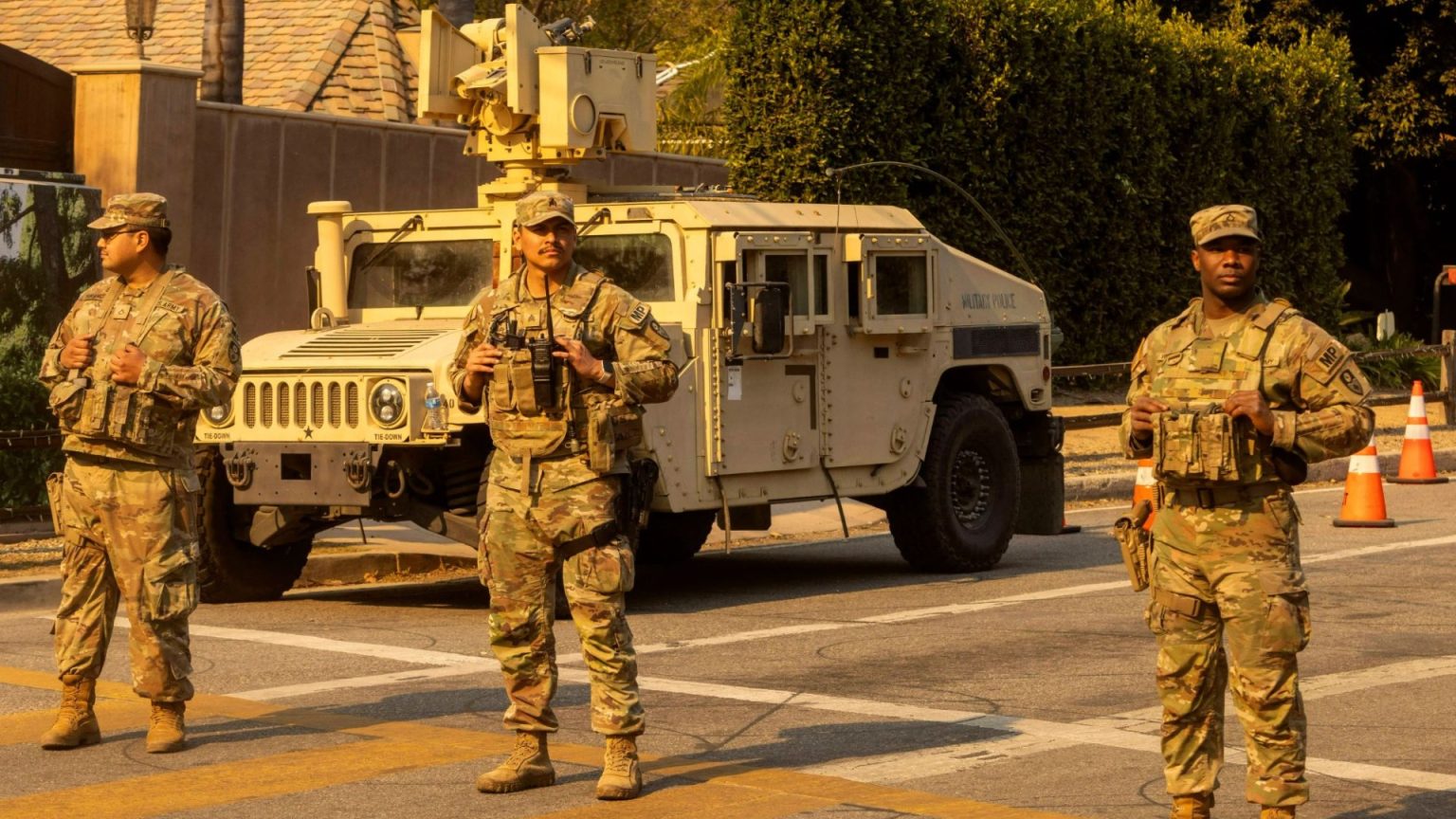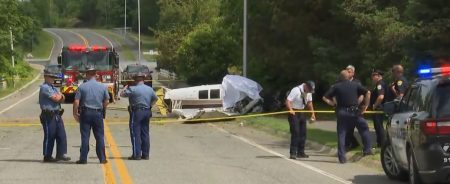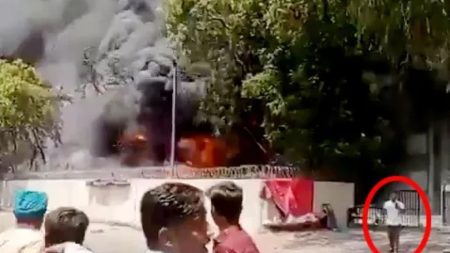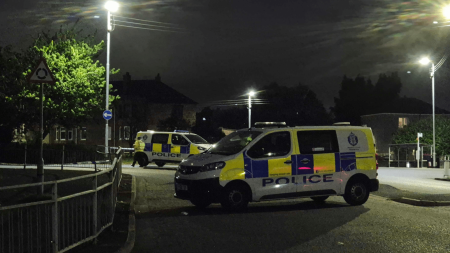The devastating Palisades fire continues to spread through parts of California, prompting the deployment of an additional 1,000 California National Guard troops to assist the existing force of over 15,000 firefighters, highway officers, and transportation teams. Utilizing over 1,350 fire engines and 80 aircraft, these teams are working tirelessly to combat the towering infernos, pouring water and fire retardant in an attempt to contain the blaze. Governor Gavin Newsom acknowledged the tireless efforts of the National Guard and expressed gratitude for their support in both firefighting and public safety initiatives within the ravaged communities. In a remarkable gesture of international solidarity, Ukrainian President Volodymyr Zelensky offered to send 150 firefighters to California, underscoring the global concern for the ongoing disaster.
The wildfires have tragically claimed 16 lives, with another 16 individuals still missing, raising fears of a rising death toll. Evacuation notices remain in place across several LA neighborhoods, and a new concern has emerged regarding water contamination. The Los Angeles Department of Water and Power issued a “do not drink” notice for two postal codes near the Palisades fire due to potential contamination with fire-related chemicals and disease-causing organisms. Residents are urged to avoid consuming tap water until further notice to mitigate the risk of health complications. LA County Sheriff Robert Luna described affected areas as resembling “warzones” and predicted the fires could become the most costly natural disaster in US history, considering their scale and scope.
The Palisades and Eaton fires remain the largest, covering a combined 38,000 acres with containment levels at only 11% and 27%, respectively. Over 105,000 residents have been evacuated from these regions as authorities brace for dangerous 50mph winds, expected to last over 48 hours. These winds pose a significant challenge to firefighting efforts, potentially fanning the flames and creating new blazes through flying embers. The Palisades fire is of particular concern, inching dangerously close to the Interstate 405 freeway, a crucial evacuation route. The strong winds, predicted to reach up to 70mph in the mountains, threaten to further escalate the already dire situation and potentially impact some of LA’s most iconic landmarks.
The human cost of the wildfires is devastating. Among the confirmed fatalities are Rory Callum Sykes, a 32-year-old Brit who perished in a Malibu cottage due to carbon monoxide poisoning; Anthony and Justin Mitchell, a father and son from Altadena; 83-year-old Rodney Kent Nickerson, who tragically refused to leave his home; Victor Shaw, 66, who died trying to protect his family home; and several other individuals whose stories are still unfolding. Firefighters are employing various tactics to combat the fires, including using pink-colored fire retardant dropped from DC-10 air tankers. This chemical acts as a fire blanket, slowing the spread of the flames and protecting areas like Brentwood, home to numerous celebrities. The landscape is scarred with the pink residue, creating a surreal, almost apocalyptic scene.
Satellite images starkly reveal the extent of the devastation, showing entire blocks of homes reduced to rubble. Celebrities, including Paris Hilton, Billy Crystal, Miles Teller, Anthony Hopkins, Bella Hadid, Spencer Pratt, and Mel Gibson, are among those who have lost their homes. The fires have indiscriminately impacted all segments of society, underscoring the widespread nature of the disaster. Amidst the chaos and destruction, Prince Harry and Meghan Markle made a surprise appearance in Los Angeles to offer support and assistance to those affected by the wildfires, serving food and donating essential supplies.
Eyewitness accounts paint a grim picture of the unfolding crisis. The city feels like a “war zone,” with thick smoke filling the air, families fleeing their homes, and the constant threat of encroaching flames. Stories of loss and resilience emerge from the affected communities, highlighting the human impact of this devastating natural disaster. Residents express anger and frustration over cancelled insurance policies and perceived mismanagement, but also a sense of hope and determination to rebuild. The wildfires have tested the resilience of Los Angeles, but the spirit of the community remains unbroken, determined to overcome this tragedy and emerge stronger than ever.

